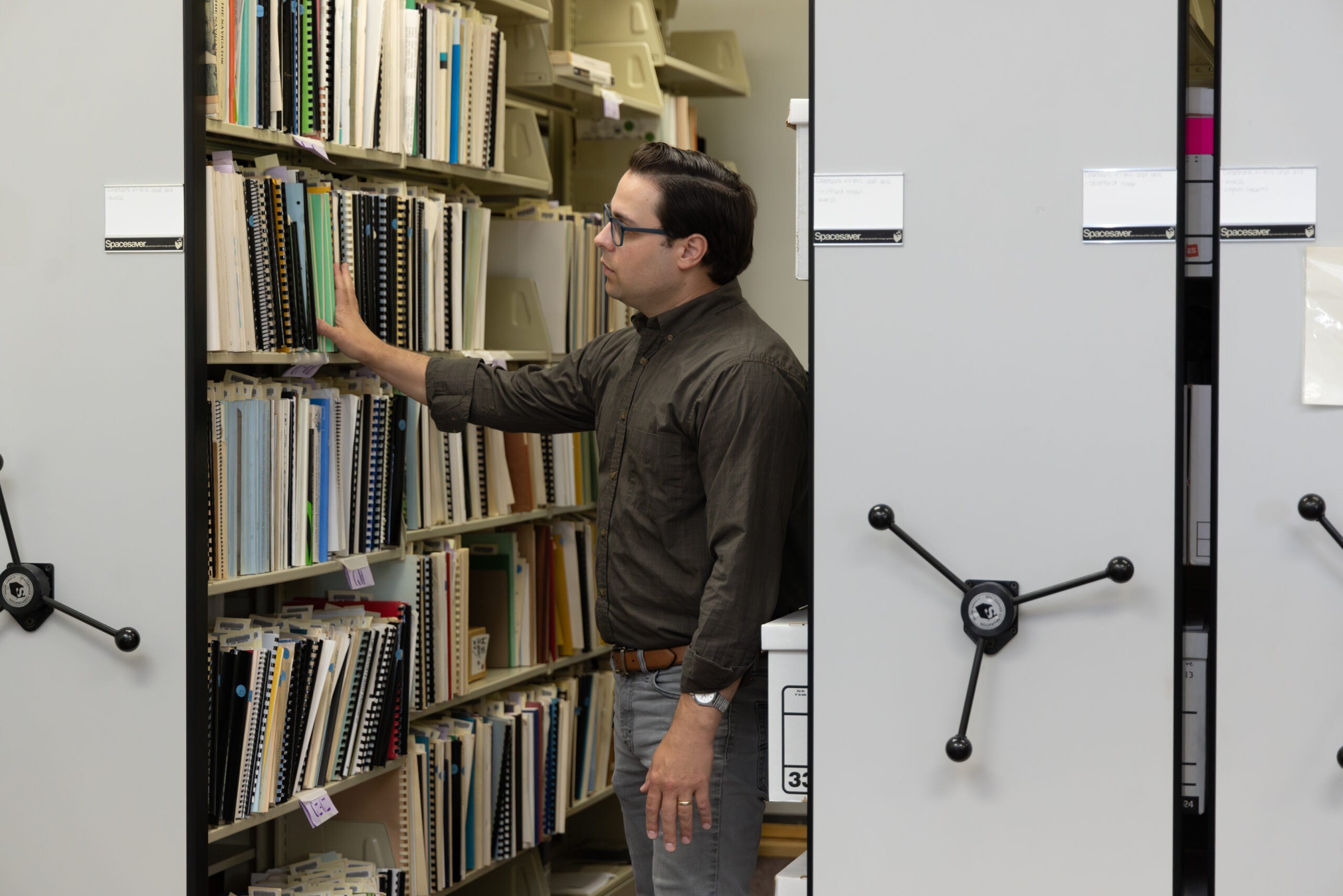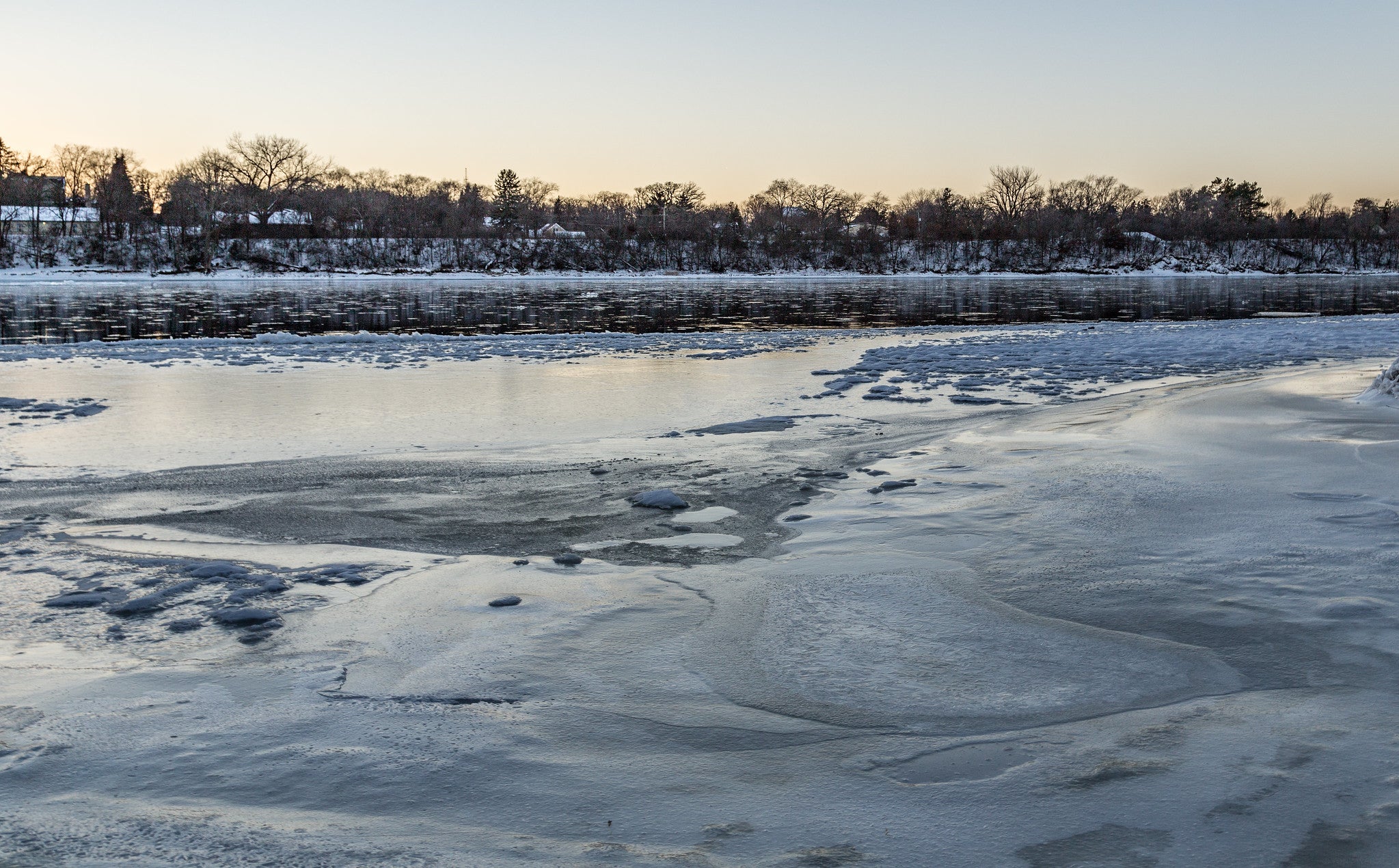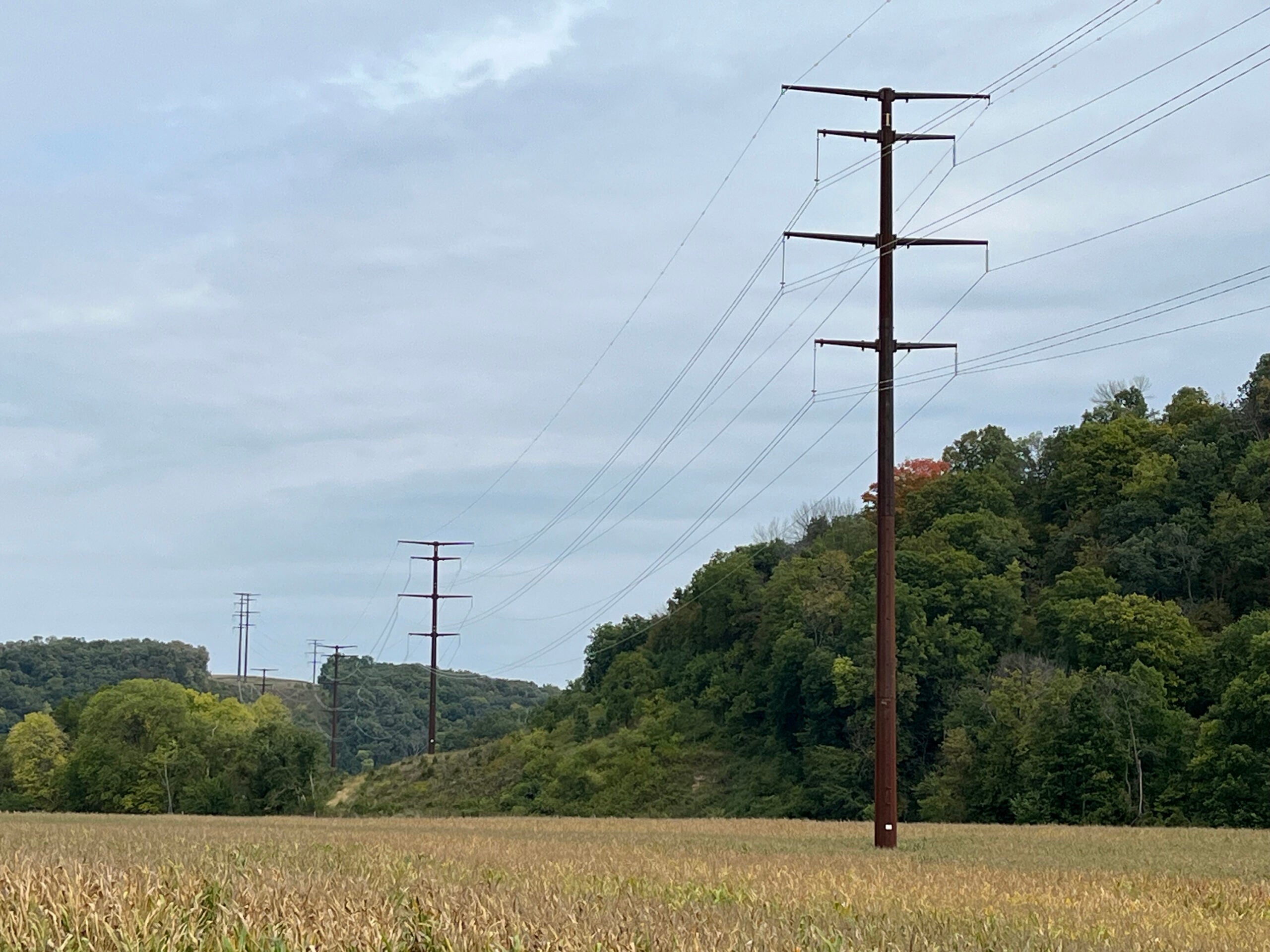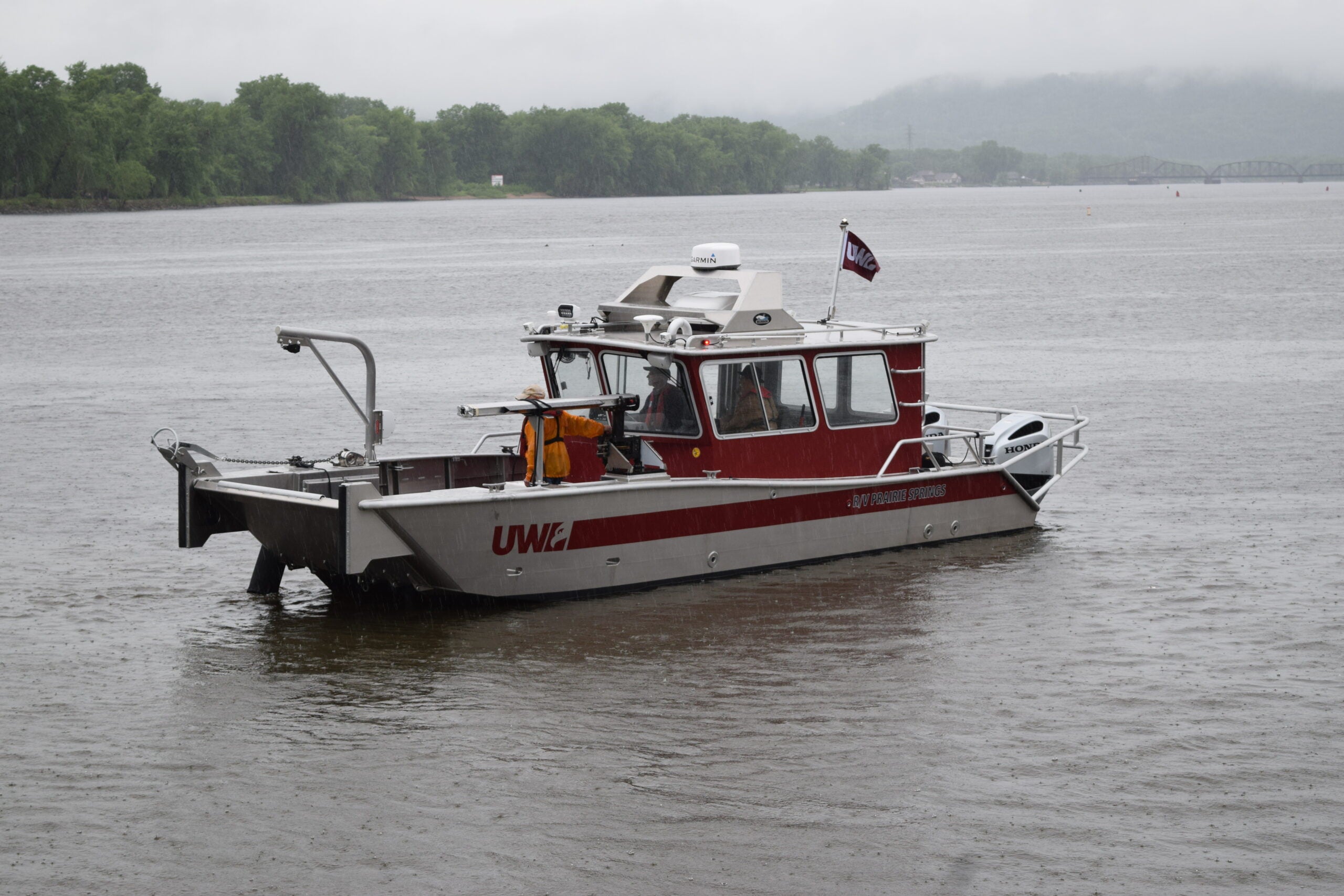A new collaboration between the University of Wisconsin-La Crosse’s Murphy Library and those with a wide-range of information about the Upper Mississippi River has formed.
University officials announced the start of the Driftless River Initiative this summer.
The initiative aims to grow an online collection related to all things river — from maps and scientific studies to wildlife and culture.
Stay informed on the latest news
Sign up for WPR’s email newsletter.
“We have loads of material, books and maps and historical images that relate to the Upper Mississippi River and the Driftless Region because of the proximity of the university,” said David Mindel, digital collections librarian at Murphy Library.
“It made sense in my mind to get the word out by harnessing the power in numbers we have and how they relate in different ways to the river and the region,” he added.
The library already has hundreds of images of steamboats that have been on the river and journals from a prominent bird watcher.
“It’s my hope that the material not only becomes more accessible through this initiative, but new knowledge is created in the end, connecting dots that have not been connected,” Mindel said.
Much of the material already collected dates back a century or more, including scientific agricultural work that relates to the Coon Creek watershed in nearby Vernon County. It was the country’s first soil and water conservation district more than 90 years ago.
“One collection leads to another,” Mindel said. “If you continue to add to this group of materials, it attracts more. That’s what we are seeing happening here.”
Recent donations have come from the Upper Mississippi River National Wildlife & Fish Refuge and the Upper Mississippi River Conservation Committee, which dropped more than 70 boxes of historical studies, scientific reports and other river materials off at the library.
Mindel said 95 percent of the Upper Mississippi River Conservation Committee, or UMRCC, donations have been digitized and are searchable online.
UMRCC is made up of habitat managers from five states along the Upper Mississippi River: Wisconsin, Minnesota, Iowa, Illinois and Missouri.
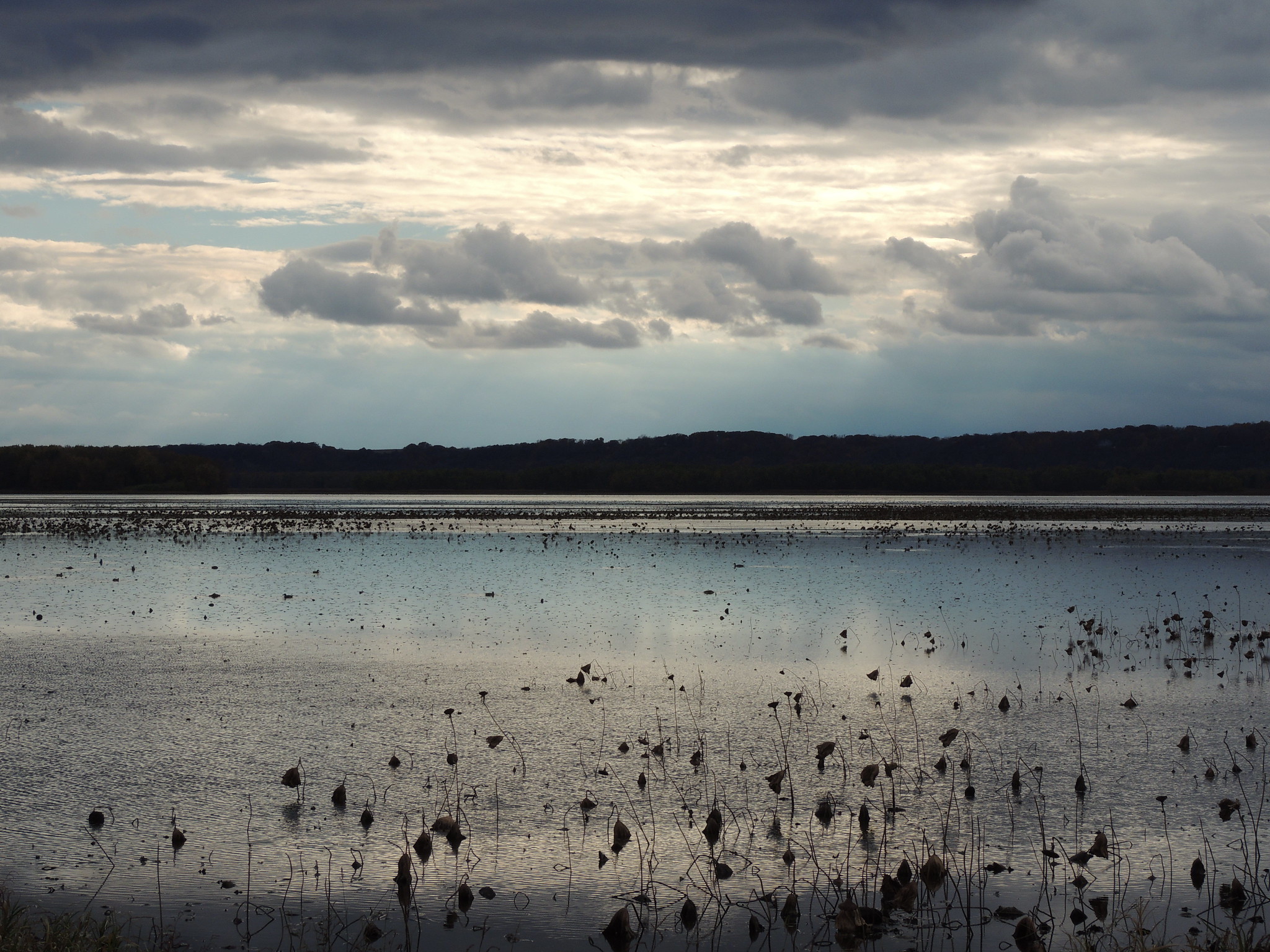
Jeff Janvrin recently retired after nearly 35 years as the Wisconsin Department of Natural Resources’ Mississippi River habitat specialist. He’s also served in a variety of positions with UMRCC.
“When I started my career, you didn’t search Google for a document. You reached out to the author and asked for a copy, and they’d send it to you in the mail,” Janvrin said.
“Nowadays, if it isn’t digital or easily accessible via the internet, it’s quickly forgotten that people even worked on that,” he added.
Janvrin said it’s important to capture the work done by UMRCC as some of the materials date back to the 1800s.
“The human element plays a huge role (in management of the river), whether it’s recreational, society, water quality or in the history of how people have interacted (with the river) over the years,” Janvrin said. “Without that perspective, you don’t really accomplish much. You have to do that blending.”
Mindel said libraries are often places where people look to donate items they find when they clean out a home because they don’t want to throw something away that may be historically significant. He said the Driftless River Initiative is looking for flat items, like books, maps or pictures.
He said they are casting a wide net with the project and asking people to contact them if they think they have something significant.
Wisconsin Public Radio, © Copyright 2025, Board of Regents of the University of Wisconsin System and Wisconsin Educational Communications Board.
